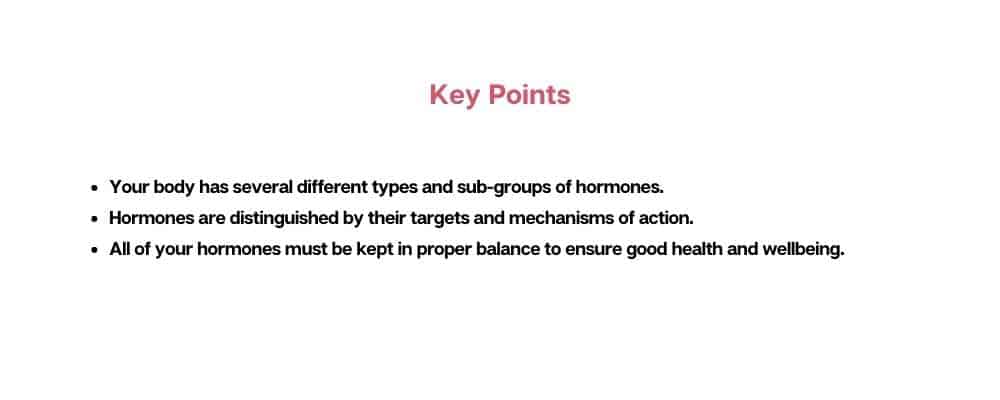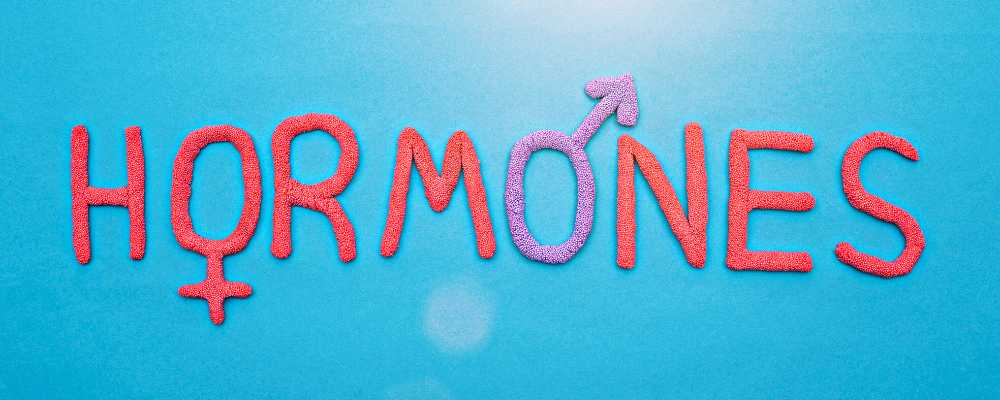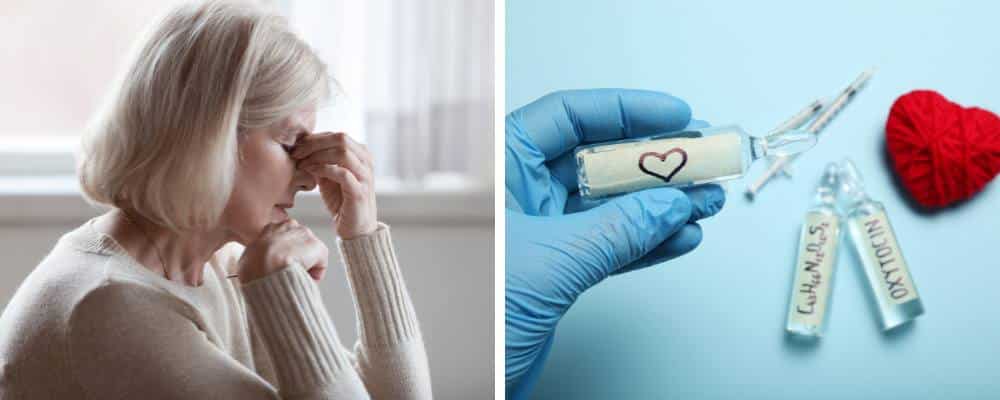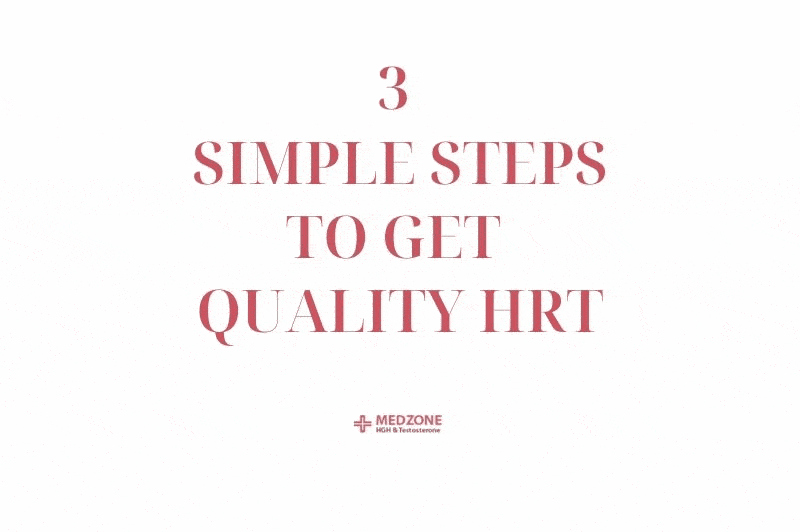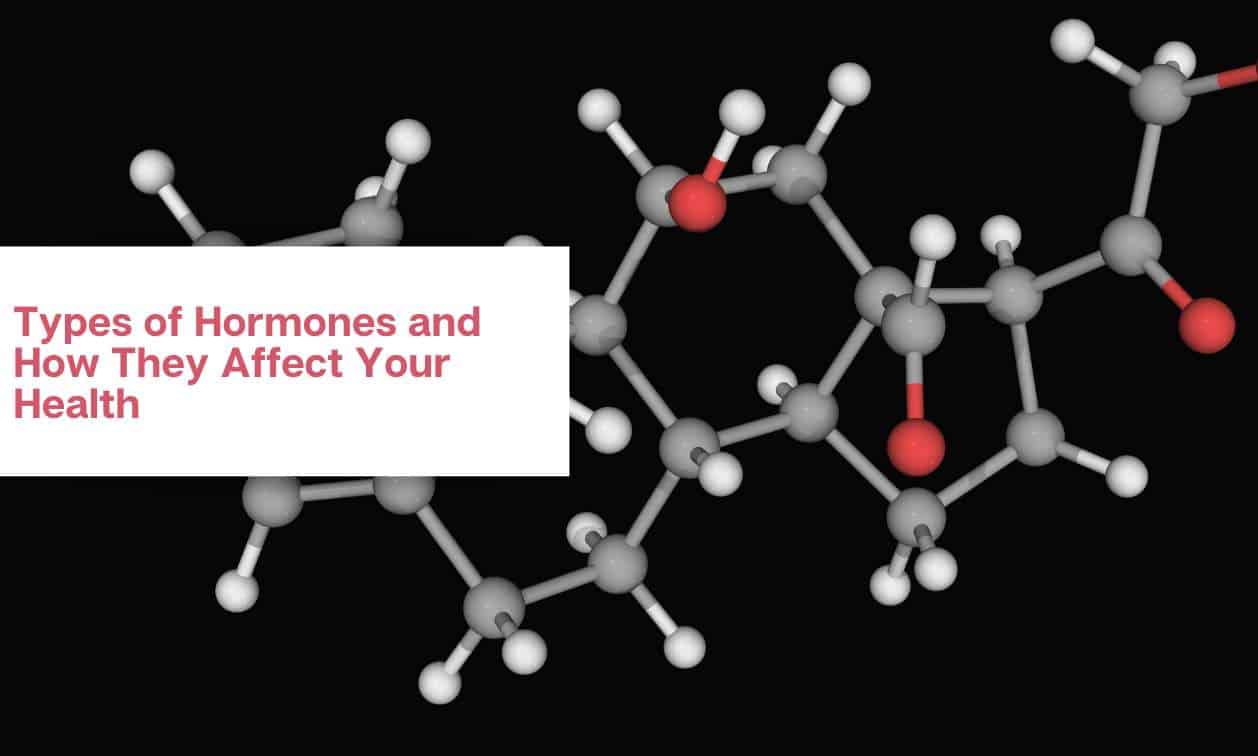
Types of Hormones and How They Affect Your Health
Table of Contents
Your body simply could not function without hormones.
Hormones are the messengers of your body. They send signals that are critical to almost every bodily function and overall health. Your hormones control everything from sexual function and fertility to mood and metabolism.
Hormones are chemicals produced by glands. Most hormones are produced and secreted by the glands of the endocrine system, but there are other types of glands and hormones as well.
Hormones are characterized by the glands or organs that secrete, their mechanisms of action, and the organs or bodily systems they target. Hormones must all work together in proper proportions to help maintain a condition of optimal health – a state doctors refer to as homeostasis.
A hormone imbalance occurs when there is too much or too little of a hormone. While there are certain medical conditions that occur from too much of a given hormone, a low level of hormones is by far the much more common problem. This is largely due to the fact that many critical hormones in men and women, such as the sex hormones testosterone and estrogen, and human growth hormone, or HGH, all decline as men and women age.
What Are Hormones?
Hormones are as essential to your body as blood. While blood feeds oxygen to your body and basically keeps you alive, your body simply could not function without hormones.
Hormones are the primary way your brain communicates with your organs and tissues. Hormones send specially encoded chemical signals to targeted receptors that are critical to regulating almost every bodily function, from sexual health to emotional health and metabolism.
Hormones are biochemical compounds produced by glands. Most hormones are produced and secreted by the glands of the endocrine system, but there are other types of glands and non-endocrine hormones as well.
Your body’s hormones are characterized by the following:
- Their molecular structure.
- The glands or organs that produce or secrete them.
- Their particular mechanisms of action and their ability to interact with a cell membrane.
- The organs or bodily systems they target.
Hormones must all work together to help maintain a condition of optimal health – a state doctors refer to as homeostasis.
The Types of Hormones in Your Body and What They Do
Medical science has identified over 50 different individual hormones produced and used by your body. As many as there are and their varied functions, there are basically three different types of hormones, protein or “amine” hormones, lipid hormones, and peptide hormones.
Protein and Amine Hormones
Amin hormones are water-soluble molecules derived from amino acids, and they share the same building blocks as protein. These hormones are stored in endocrine cells until needed. Melatonin or norepinephrine are good examples of amine hormones. Amin hormones are sometimes referred to as protein hormones because they act by binding to protein receptors on the outside surface of the cell.
The Lipid Hormones
Most lipid hormones are created as a derivation of cholesterol with which they share a similar molecule structure. These are also known as “steroid hormones.” All steroid hormones are known as “fat-soluble,” which means they are able to penetrate a cell’s membrane. They are transported by proteins in the blood and, being fat soluble, can cross the cell membranes directly into the targeted cells. The well-known “sex” hormones testosterone, estrogen, and progesterone are all examples of lipid hormones.
Testosterone
Testosterone is the primary androgen or male hormone. Testosterone is responsible for sexual maturity in men, as well as for driving all of the secondary sex characteristics associated with “maleness,” such as facial and body hair, deeper voice, and larger muscles. Testosterone also plays a role in male fertility, metabolism, strength, and energy. Age-related testosterone loss is the primary cause of low testosterone in men over the age of 40, a condition sometimes referred to as andropause or “male menopause.”
Estrogen
Estrogen is not one particular hormone but refers to a group of hormones that play one of the most critical roles in female sexual maturity and female reproduction. The ovaries are the primary source of estrogen in the female body. Men’s bodies make and need estrogen, too but in vastly smaller amounts. Age-related estrogen loss in women is the main cause of the symptoms of menopause.
Progesterone
Progesterone is a lipid or steroid hormone that is secreted by a specialized gland that the female body produces after ovulation during the second half of the menstrual cycle. Progesterone plays a vital role in conception and pregnancy. Progesterone prepares the endometrium – the lining of the uterus for pregnancy after ovulation. It triggers the lining to thicken to accommodate a fertilized egg. It also prohibits the muscle contractions in the uterus that would cause the body to reject an egg. Progesterone continues to play a significant role throughout pregnancy, helping to support fetal development and the production of breast milk.
The Peptide Hormones
Peptide hormones are made of long chains of amino acids. This differentiates them from the amin hormones, which are also made from amino acids but are much shorter molecules. The most well-known hormone in this class is human growth hormone, or HGH. Two lesser-known hormones in this class that play an important role in burning fat and digestion are gastrin and adropin.
Peptide hormones are water-soluble as opposed to fat-soluble. Only fat-soluble hormones can cross the cell membrane into the cell. Some specific and important peptide hormones are:
Growth Hormone
As the name implies, human growth hormone (HGH) is responsible for stimulating or regulating all of the processes that allow a child to grow into a healthy adult of full stature. Even once you are fully grown, HGH is still vital to your good health. It is responsible for the growth and replacement of every cell in your body. It is essential for bone and muscle strength and plays a role in metabolism, sexual health, and cognition. Like testosterone, HGH levels decline with age, and this drop in HGH levels is responsible for many of the symptoms we think of as “old age.”
Gastrin
Not all hormones are secreted by glands. Some are secreted by organs, such as gastrin, which is released by the stomach. Gastrin stimulates the release of gastric acid and helps the stomach contract to move food through to the rest of the digestive system. Gastrin is essential to begin the process of breaking down proteins and nutrients in the foods you eat.
Adropin
Adropin is a hormone critical to lipolysis or fat metabolism. Adropin modulates glucose levels in the blood. It is one of the hepatic hormones secreted by the liver. Some studies have found that low levels of adropin have been related to a higher risk of metabolic syndrome.
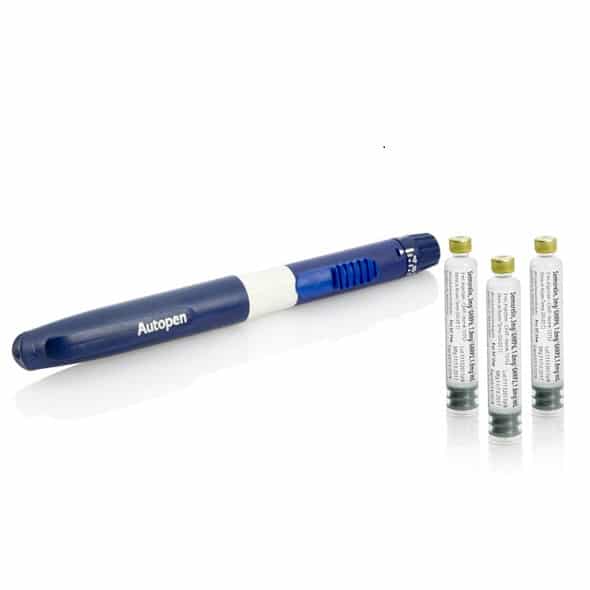
Why Is it Important to Keep Your Hormones Balanced?
Your hormones must all work together in concert and balance for optimal health. Too much or too little of any given hormone can lead to a hormone imbalance. Depending on the level of which hormone that is “off” hormone imbalances can lead to any number of serious health problems.
While sometimes too high a level of a hormone can cause a medical issue, most of the problems related to hormone imbalances are caused when your body fails to produce enough of a given hormone. Low hormone levels can be caused by any number of factors, from genetic issues to disease or injury. However, the most common reason for low levels of critical hormones is age-related hormone loss. This is particularly true of hormones linked to youth and vitality, such as estrogen, testosterone, and human growth hormone – all of which decline as men and women age.
How Often Should You Have Your Hormone Levels Checked?
There really is no guideline as to how often you should have your hormone levels checked. As part of your routine annual physical, your primary care physician will likely run “blood panels” that will check for the levels of your critical hormones. If everything seems fine, that is probably often enough. If something seems off, he or she may want to check your hormones more often, like every three or six months, depending on any lifestyle changes or medications prescribed.
Rather than relying on how often you should have it down, having your hormones tested should depend on if you are experiencing any kind of symptoms of hormone imbalance. Symptoms of hormone imbalance could include the following:
- Lack of energy
- Sexual health issues
- Problems regulating your body temperature
- Sleep issues
- Weight gain
- Mood swings
- Memory loss or other cognitive difficulties
Conclusion
Hormones are probably the most important biochemical agent in your body. Hormones control and regulate almost every critical biological function in your body and are one of the primary means of communication between your brain and your glands.
In order to do all of their critically important function, all hormones must work in cooperation in a kind of delicate dance or orchestrated symphony. One dancer out of step or one wrong note, and the whole performance suffers. So too, it is with the delicate balance of your hormones. If one is off, your entire body can fall into illness and decline.
Unfortunately, it is not always easy to keep your hormones in proper balance; stress, the environment, and illness can all throw off your hormone levels. Beyond that, two of your most important hormones to health and wellbeing, testosterone and human growth hormone (HGH), naturally drop as we age. Some people go relatively unaffected by that loss, but others between the ages of 40 and 65 often feel the many debilitating symptoms of age-related hormone decline or age-related hormone imbalance.
For such people, the good news is that hormone replacement therapy can give back what time and nature take away and return your hormone levels to their proper balance so they all dance in harmony once again!
At our clinic, our doctors are experts in prescribing testosterone replacement therapy and growth hormone therapy so you can perform your best at any age.
